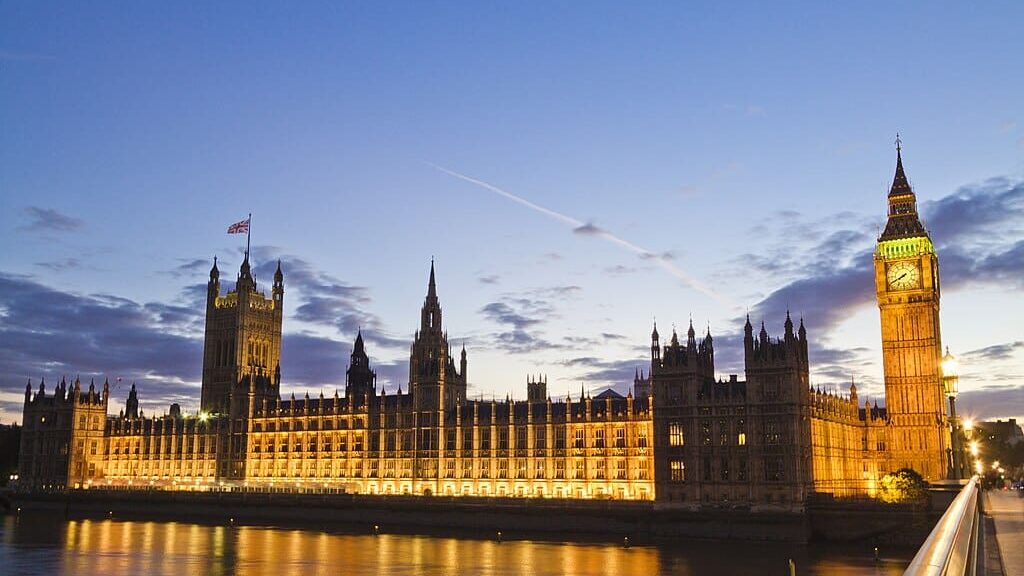
Mdbeckwith, CC BY-SA 3.0, via Wikimedia Commons
Every new MP has for the first time been given a ‘panic alarm’ as part of their parliamentary welcome pack following a particularly violent and hate-filled general election campaign.
The devices—which, when activated, alert the police to the wearer’s precise location—were made available upon request to MPs after the 2016 murder of Labour MP Jo Cox by a deranged extremist. Five years later, Conservative MP Sir David Amess was killed by an Islamist, although the media preferred afterwards to debate the civility of debates online, rather than the Islamist threat.
Then, in the run-up to the July 4th vote, Reform UK leader Nigel Farage was attacked on a number of occasions by members of what he described as a “violent left-wing mob,” armed on one occasion with a milkshake and on another with wet cement.
Pro-Palestine activists have played a particularly large role in the stoking of tensions over recent months, to the extent that one MP told The Mail on Sunday: “There is an assumption that there’s a level of risk for all parliamentarians that never existed before.”
Tory MP Nusrat Ghani also wrote in the paper that “there is no doubt the general election saw a new level of intimidation and threats,” adding: “Particularly worrying is how female candidates, campaigners and activists are targeted more.” Ghani explained that she was once approached by a constituent holding a spent bullet cartridge, wanting “to make it clear he was not happy I had been elected as his MP, being an Asian woman.”
In the Dewsbury and Batley constituency, Labour’s Heather Iqbal was defeated at the election by a pro-Gaza independent whose supporters she said waged a campaign of “intimidation, abuse and harassment.”
Iqbal’s loss is a grim case study of the rise of religious sectarian politics in Britain, particularly in the wake of Israel’s campaign to defeat Hamas. She told The Guardian that in a local election earlier this year, groups stood outside a polling station and yelled: “You’re not a Muslim if you vote Labour.” And the general election, Iqbal complained, was worse:
As well as the van with a megaphone shouting that I was a Zionist and genocide agent, we had activists being chased down the street, malicious online content about my white husband and my first name.
There didn’t seem to be many boundaries when it came to being a supporter of his [victor Iqbal Mohamed’s] campaign.
Mohamed told the Guardian he would “firmly reject” the idea that negative campaigning was directed from his team.
Similar instances were played out across the country. In Birmingham Perry Barr, volunteers for Labour’s candidate—who lost to an independent—were reported to have had leaflets snatched from their hands by pro-Palestine activists and to have been “shoved in the street by men.”
Rushanara Ali, the new housing minister, was also assisted by two bodyguards during the campaign after being targeted by pro-Gaza activists. Ali claimed that mosques in her area told worshippers: “If you vote for Labour or one of the other mainstream parties, then you’re not a good Muslim.”
Independent candidate Ajmal Masroor, who came second to Ali at the election, responded that
Rushanara should never have been intimated or abused by anyone—that’s wrong. But [there’s always a but] it is also wrong to turn a blind eye to Palestinians who have been massacred.
